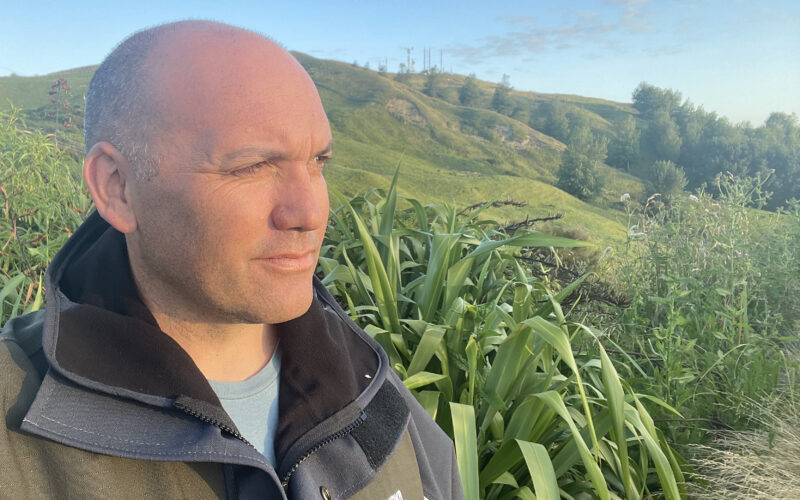Forestry has moved to a tipping point for change that a Te Tairāwhiti farming leader likens to “dirty dairying” moment that sector experienced over a decade ago.
After a period of industry self-enforcement and repeated environmental breaches culminating in the Crafar farms saga, dairying was compelled to fall into line under tougher environmental regulations amid a community clamour on its practices.
Toby Williams, Federated Farmers meat and wool chair and board member, said he hopes this is forestry’s “dirty dairying” moment – even if that moment should have been back in 2018 after the calamitous Tolaga Bay flood event.
Tolaga Bay left millions of cubic metres of forest slash strewn across Te Tairāwhiti beaches and had communities cleaning up for weeks afterwards.
“It really needs to be the tipping point. The sector cannot just continue to blame the first-generation forests it is harvesting for these events, and rules are needed to have an effect now,” Williams said.
The Feds supported the local petition launched after the latest events, calling for a clean-up of forest practices and gaining almost 10,000 signatures.
In breaking news this week, government, council and community have agreed on commencing a review of forestry and land use in the region.
Ruatoria-based petition organiser Manu Caddie told Farmers Weekly a fast-acting measure would be for Gisborne District Council to introduce enforcement orders on forestry companies harvesting trees badly.
“The council is keen on this and will be looking into it,” Caddie said.
He said the broad land use inquiry the petition calls for could result in better rules in place to avoid the outcomes suffered at present, and this could likely include pastoral farmers too.
Another possibility is the tacit acceptance that these events may continue for some years yet, and there should be a fund set up to help compensate affected communities.
“This was proposed back in 2015, with a levy on foresters, but this was rejected. A report was done on it then, and it could be bought in quite quickly too.”
Williams said he would like to see forest owners comply with any new standards voluntarily, but it appears a big regulatory stick is in fact required.
The council launched prosecutions after previous events but the process takes time, and the 2018 prosecutions closed off only late last year after costing the council thousands in legal fees.
“To be fair, under the National Environmental Standard review the fines are likely to increase, that will be a help,” Williams said.
He pointed to the hypocrisy of requiring farmers to work under regulations far stricter than those governing the behaviour of foresters.
“Production forestry can put out as much waste as they like and no one seems to mind.”
He said these are often large offshore entities that are continuing to operate as they please. He wants to see more forest owners, rather than just contractors, hauled across the coals for unacceptable environmental behaviour.
“We had a Malaysian forest owner visit after the 2018 event and he was horrified at the practices, it was not what he had signed up for,” Williams said.
Some Te Tairāwhiti forest owners are proposing a new plan laying out best practice specifically for steep hill country forestry. Caddie said that while he has not seen the plan, anything in writing would be welcome.
“And it does feel like we may be at a tipping point, with the Environmental Defence Society filing legal proceedings challenging the lawfulness of plantation forestry regulations in the Environment Court.”
Williams said he remains optimistic that the review the petition calls for will go ahead.
He suspects that the death of a young boy while swimming on Waikanae Beach at Gisborne when wood waste inundated the area may sharpen the government’s resolve to get ahead of any coroner’s findings, and support an inquiry.






